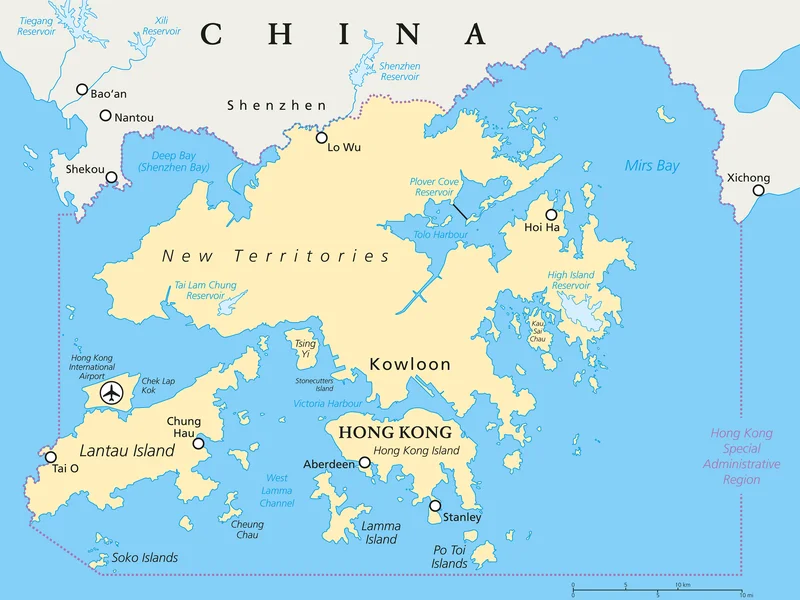Indiana's pension fund just yanked nearly $170 million out of Hong Kong. The move, finalized after a recent clarification of Senate Enrolled Act 268, is framed as a necessary step to protect Indiana's economic interests from Chinese influence. But is it really that simple? Is this a strategic masterstroke, or are we potentially cutting off our nose to spite our face? This is the kind of decision that reminds me why I got into this field in the first place.
The official line is clear: Indiana is prioritizing its financial security. The 2023 law, spearheaded by Sen. Chris Garten, aimed to disentangle the state’s investments from Chinese-controlled entities. And while Hong Kong maintains a "separate constitution," the reality is, its ties to mainland China are undeniable. Jacob Stewart, Deputy Opinion Editor at the Indianapolis Star, even argued that these investments pose a "clear national security risk." But is this really a clear-cut case of black and white? Indiana pension system divesting from Hong Kong after 'clarification' on China divestment mandate - Indiana Capital Chronicle But is this really a clear-cut case of black and white?
The Ripple Effect
This isn't just about Indiana's bottom line; it's about the message it sends. Divesting from Hong Kong, even if driven by legitimate concerns about Chinese influence, could have unintended consequences. Are we potentially isolating ourselves from a vital economic hub? Are we missing out on opportunities for collaboration and innovation? Imagine a future where states are constantly readjusting their investment portfolios based on geopolitical winds.
Consider this: Hong Kong, despite its challenges, remains a gateway to Asia, a place where East meets West, and a hub of innovation. Cutting ties entirely might limit Indiana's access to future technologies and markets. What if the next big breakthrough in renewable energy, AI, or biotech comes out of Hong Kong? Will we be on the sidelines because of this decision?

The question isn't whether we should be concerned about Chinese influence, but whether divestment is the most effective way to address those concerns. Could we have pursued a more nuanced approach? Could we have engaged in dialogue, advocated for greater transparency, and used our investments as leverage for positive change? These are tough questions, and honestly, I don't have all the answers. Details on why the decision was made remain scarce, but the impact is clear.
It's like when Gutenberg invented the printing press. Some feared it would spread heresy and undermine authority. Others saw it as a tool for democratization and enlightenment. The printing press itself wasn't good or bad; it was how people used it. Similarly, investment isn't inherently good or bad; it's about how and where we choose to invest, and the values we prioritize.
This move also raises questions about the future. Is this a one-off decision, or the start of a broader trend? Will other states follow suit? Will we see a cascade of divestments, further isolating Hong Kong and potentially pushing it closer to Beijing? The speed of this is just staggering—it means the gap between today and tomorrow is closing faster than we can even comprehend.
Maybe a Bit Premature?
Look, I get the concerns about China. I understand the desire to protect Indiana's economic interests. But I can't shake the feeling that this divestment might be a bit premature. It's a bold move, no doubt, but boldness without foresight can be a dangerous game.
But hey, maybe I'm wrong. Maybe this is exactly what Indiana needs to do to safeguard its future. I hope so, because the stakes are high, and the consequences will be felt for years to come.

